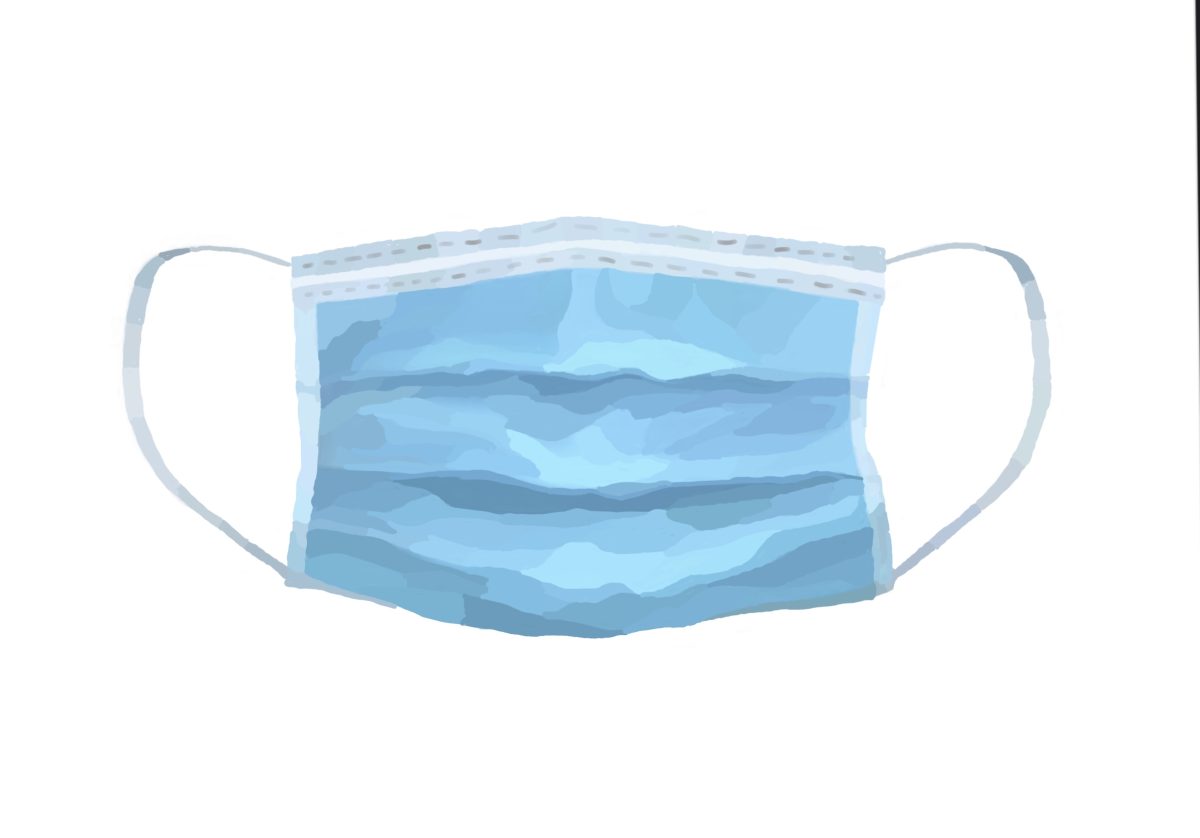
By Sabine ’23
The juniors of the Marlborough School will soon be facing a difficult choice: what classes to take senior year. Senior year offers an incredible amount of flexibility in regard to classes. You can take senior-only English electives, join seminars, explore electives and even take as few as four classes. However, one of the biggest choices is in the History Department. It’s an age-old battle: AP Art History or Theories and Politics of Race. I am writing this letter to encourage all of the incoming seniors to take a moment to think before they succumb to the pressures of an AP class just for a brand-new iPad, a persuasive bonus for joining an Art History section. Now, this isn’t to say I don’t think Art History is a great class. I know everybody is learning valuable information, and I got really excited when all my friends told me they were learning about Santa Sabina — given my name is Sabine. But too often, TPR is brushed off without a second thought in favor of Art History, or no history at all. While Art History is filled to the brim with three sections without any extra seats, TPR has only two small sections.
Now, I know what you are thinking. Fifty pages of reading per night? A 30-page research paper? First of all, it’s not as intimidating as it seems. The readings and papers are surprisingly manageable, especially because the content that is covered is genuinely interesting. Our units cover everything from the formation of race, to law and order and even racial capitalism. I won’t lie. TPR will challenge everything you thought you knew about American democracy and race. But your new understanding will be a more nuanced and fuller picture of race in America. The class isn’t just intellectual theory that you spend inordinate amounts of time deciphering. There is some of that. However, TPR is first and foremost a seminar-style class, filled with conversations where you learn from each other and from Department Head of History and Social Sciences Mabel Wong.
Ultimately, I want all the students at Marlborough to take the classes that they think are best for themselves. However, I hope that students don’t just choose a class because it is the more popular option or because it seems easier. I encourage everybody, and especially the current juniors, to be judicious in their course selections. Pick a class that you think will genuinely interest and challenge you. I can guarantee you that for me, and for all my wonderful classmates in D Period, Theories and Politics of Race is that class for us, and could be for you too.





